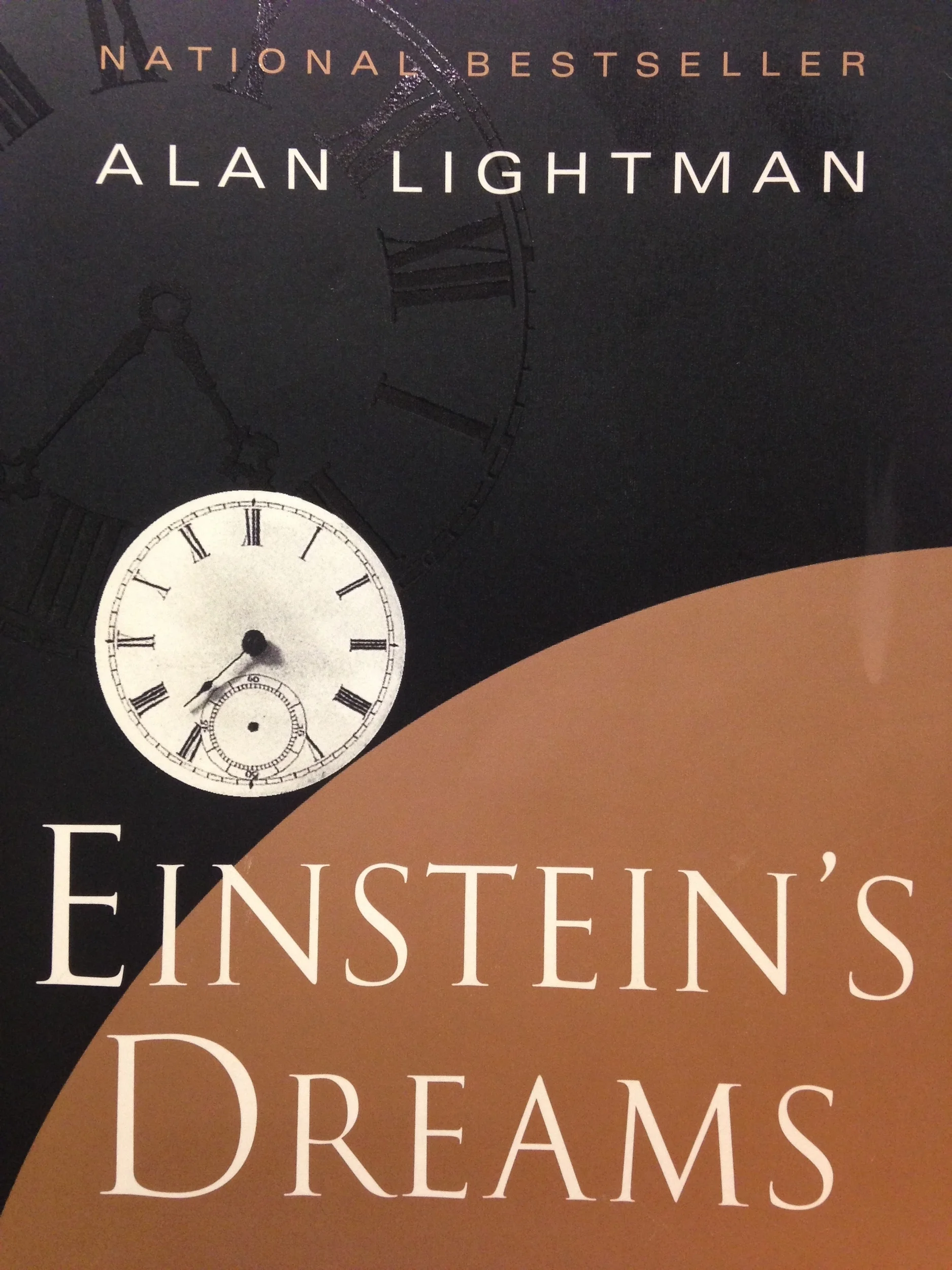Over the summer, first years read Einstein’s Dreams (1993) by Alan Lightman, and contemplated multiple alternate universes where time followed rules drastically different from ours. On Monday evening, Professor Lightman came to Zankel to talk about himself and his book. Joining him in “A Conversation with Alan Lightman,” Skidmore Professors Tillman Nechtman, Natalie Taylor, and Rachel Roe-Dale created an informal setting and quite literally sat down and had a conversation with this author.
With a rug at their feet and coffee tables between the chairs, these four professors chatted in order to give the audience a chance to get to know the author. The three Skidmore professors had all recommended the book for the summer reading, and were therefore the obvious choices to head this conversation.
Speaking with a faint southern accent, Lightman answered their questions on his favorite books, and on what titles he currently has on his nightstand. He spoke in that same poetic style with which he writes. He told his audience that he refuses to use a kindle, as the books he carries are special to him, from the stories they tell to the smell of their pages and the way they feel in his hand. While he claimed to have 20 all time favorite books, he only gave out a few specific titles, such as Mrs. Dalloway, Invisible Man, and The Trial. These books are like people to him, and he feels that they allow him to carry another world in his pocket.
“He spoke in that same poetic style with which he writes.”
Changing the topic from reading to writing, Professor Taylor asked Lightman if he had had any training in creative writing. Although a physicist, Lightman is also interested in the humanities, and informed his audience that his love for building rockets is equal to his love of writing poetry. However, in answer to the question, he stated that he had never had any training for his writing, but then told us his personal method for finding inspiration. Find a passage in one of your favorite books that moved you, and then find out why and how it touched you. Lightman, with his 20 favorite books, is an avid reader. He finds that the writing of other authors greatly influences and inspires his own, and acts as his own formal training.
One common feeling that the audience came away with from this conversation was disappointment. Many first years were captivated by this book. Each chapter introduced a new perspective on time, and students related to different passages and were struck by Lightman’s eloquence and artful prose. Perhaps the questions did not interest them, or perhaps Professor Lightman’s answers were too vague, but, like the reaction to a film adaptation of a novel, students felt that this talk didn’t quite live up to expectations.
While students may have felt underwhelmed with this conversation, one point that Lightman wanted his audience to come away with is that there are many ways to experience a moment, and no one experiences a single moment the same. This theme does not only pertain to the first years who are all experiencing their first semesters of college in millions of different moments and perspectives, but is relevant to everyone. Time may move chronologically in this universe, but everyone experiences life differently and Alan Lightman’s book opens his readers’ eyes to those millions of moments that occur simultaneously, and is a book worth reading.
